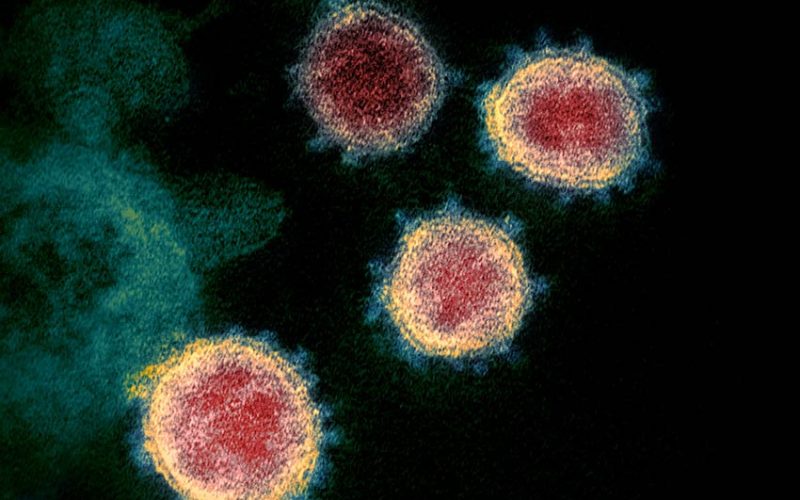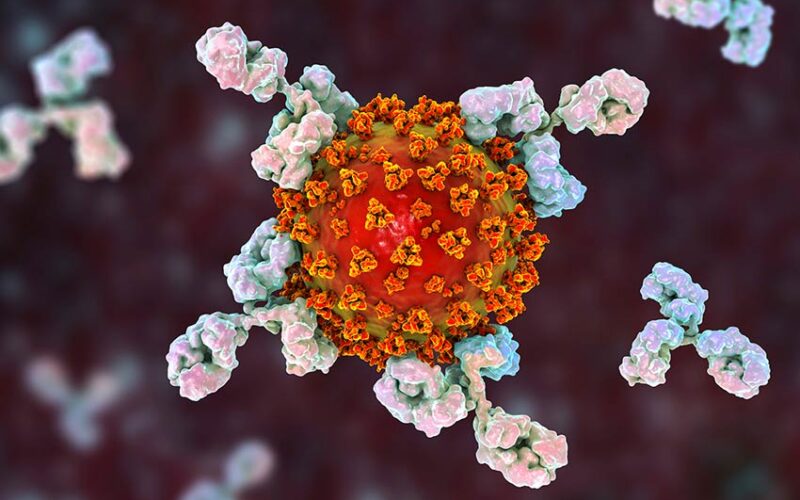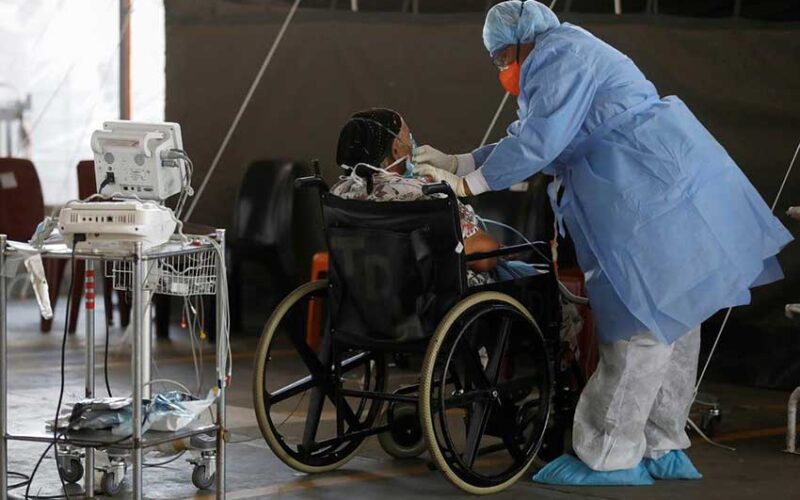
T cells induced by COVID-19 infection respond to new virus variants
JULIE STEENHUYSEN A critical component of the immune system known as T cells that respond to fight infection from the original version of the novel coronavirus appears to also protect against three of the most concerning new virus variants, according to a U.S. laboratory study released. Several recent studies have shown that certain variants of the novel coronavirus can undermine immune protection from antibodies and vaccines. But antibodies - which block the coronavirus from attaching to human cells - may not tell the whole story, according to the study by researchers at the National Institute of Allergy and Infectious Diseases…


